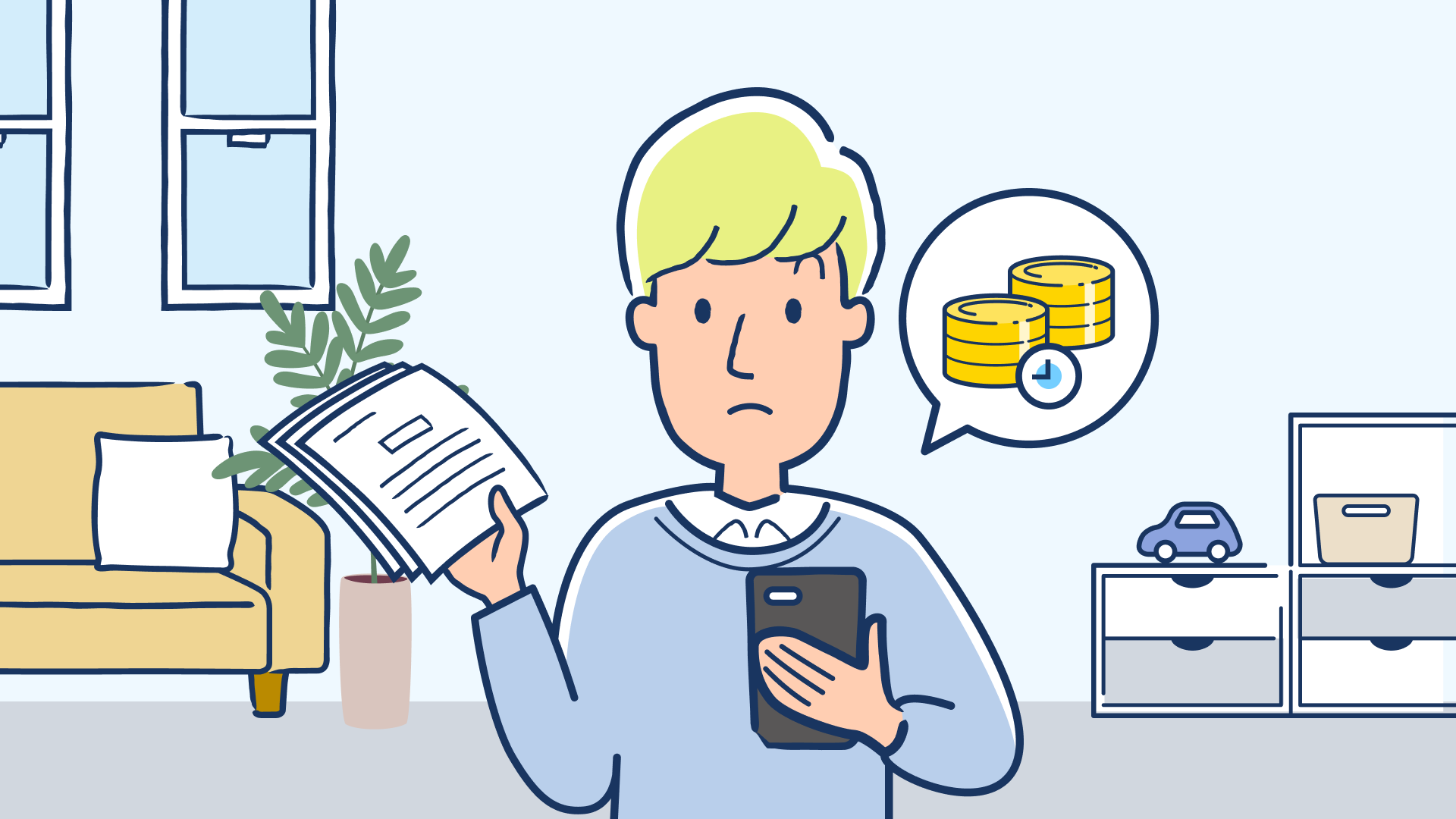Time to read : 4 Minutes
More Aussies are turning to Buy Now Pay Later (BNPL) as a way to pay bills. That’s just one of the latest findings of Compare Club’s May 2024 Bill Stress Index, which looks at what we’re most anxious about as we ride the cost of living crisis wave.
A key question: what damage is this doing to bank balances and credit ratings?
Well, one of the most worrying stats from our research is the emerging trend of using BNPL to pay for overdue bills.
Here are some of the findings on using BNPL for paying bills:
BNPL usage had an overall increase by 28% since the last time we ran the report in November.
More than 50% of people that had paid a late bill used a combination of BNPL and borrowed money from family or friends.
In the 18-24 age group, 47.5% of respondents used BNPL for bills – a massive increase of 43.9% from November.
The figures were similar for the 25-34 age group (46%), and for the 35-44 age group (42.5%) of using BNPL for bills.
While there was also an increase in the older demographics using BNPL, this group relied significantly less on BNPL for bill payments.
So we asked Kate Browne, Head of Research at Compare Club for her takeaways.
"The fact that so many young Australians are turning to BNPL services and personal loans to afford basic necessities is a worrying sign of just how much they are struggling paycheque to paycheque. While BNPL is popular it really is just another form of credit that can easily lead to a cycle of debt quite quickly," she said.
Why is BNPL so popular with younger Aussies?
When BNPL was first introduced, it was mainly used for larger or more expensive purchases whereby you could pay off in installments. The cost of living crisis is driving people to use BNPL to manage bills such as utilities and essentials including groceries.
BNPL allows users to schedule their future payments and – so long as these are made on time – there are no late fees.
Gen Z and Millennials are big users of BNPL. These groups may have grown up watching their parents struggle – month in, month out – to make credit card payments. Speaking to a few of the Gen Zs in the Compare Club office, this generation has definitely been ‘turned off’ from using credit cards.
A follow up survey by Compare Club which drilled deeper into BNPL habits found that while it’s the preferred payment option to credit cards (whereby interest is charged on overdue payments) late fees are becoming an ongoing issue for BNPL users.
“Our report shows that 20% of BNPL users accrue late fees on their purchases on a monthly basis, and it’s our younger Australians aged 18-24 who are the most susceptible. Gen Z is copping late fees more often, and at times they’re getting hit with late fees on a weekly basis,” said Kate.
Yes, but… new reforms to be introduced will bring BNPL in line with other forms of credit.
The application process will require providers to find out more about the customer's credit history, income and expenses and whether the customer has other BNPL products. Late fees and account fees will also be capped. Find out more about the BNPL reforms.
“We hope that these stricter rules will mean that BNPL providers have to assess candidates more thoroughly to help prevent vulnerable Aussies from taking on more debt,” said Kate.
Bottom line
Many Aussies are relying on BNPL to manage living expenses such as bills and utilities.
While BNPL may appear to be a more attractive payment option to using credit cards, BNPL users are falling behind and are often making late payments, resulting in fees. This undesired cycle if not resolved can lead to racking up debt.
The new reforms – whenever they come into effect – may help reduce those vulnerable from taking on more debt, and that’s a step in the right direction.
In the meantime, if you’re experiencing financial hardship and would like support from a financial counsellor, there are free services available to you. In the first instance contact the National Debt Line for advice and you can go from there.
Go deeper:
About the May 2024 Bill Stress Index:
Our survey results included responses from more than 1,000 Australian households from New South Wales, Victoria, Queensland, South Australia and Western Australia, aged between 18 and 55+.
